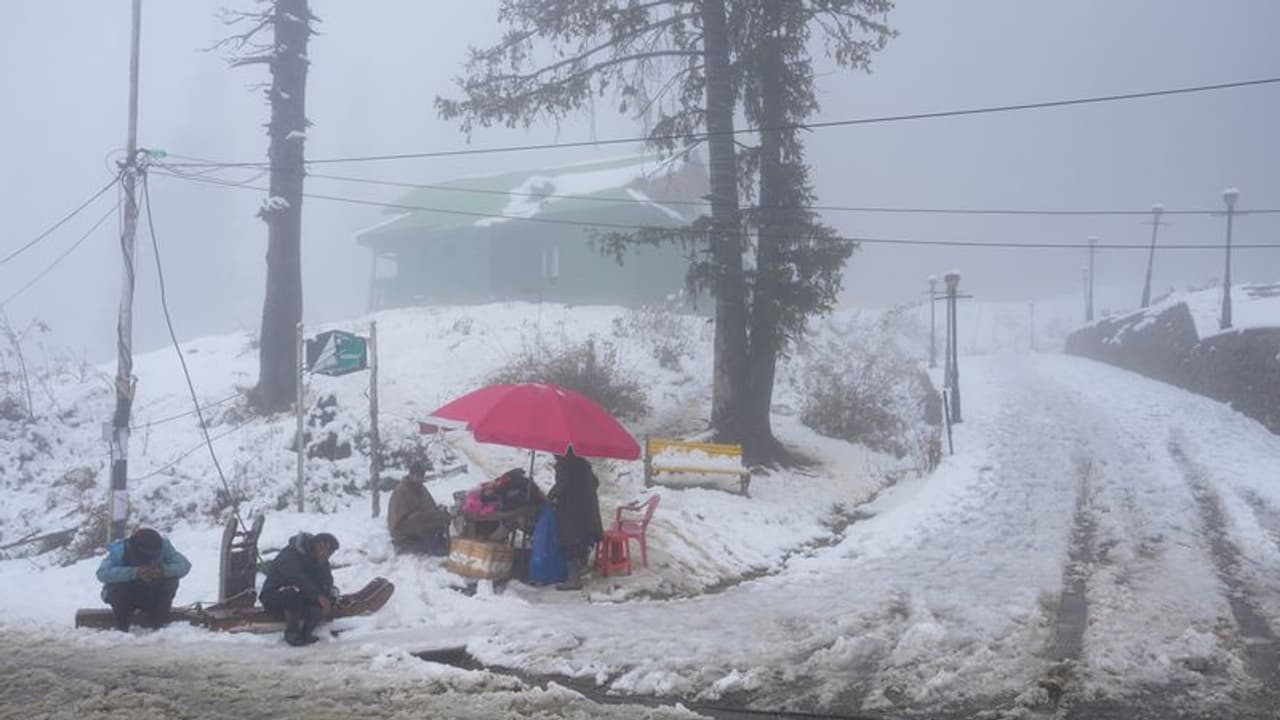Dulloo informed the government have constituted a high-powered committee under the chairmanship of Dr Mangla Rai, former director-general of the Indian Council of Agricultural Research (ICAR) and secretary Department of Agricultural Research and Education (DARE) for formulating a comprehensive policy for holistic agriculture development in J&K.
The average mean temperature in Jammu and Kashmir has increased in the last 28 years due to climate change, a senior official said on Friday. He said agriculture is the only sector that can help reduce poverty by raising incomes and food security for 80 per cent of the world's poor populace.

"J&K is also witnessing the brunt of climate change and average mean temperature in last 28 years has climbed up by 2.32C and 1.45C in Jammu and Kashmir region, respectively", Additional Chief Secretary (ACS), Atal Dulloo said after inaugurating a two-day international conference on "existing climate change scenario and its arising risks".
Also read: Poll strategist Prashant Kishor slams PM Modi over price rise
He said in 2014, we witnessed a devastating flood situation in Kashmir and almost every year due to untimely rainfall, the crop of paddy in Jammu and apple in Kashmir suffer huge losses.
"We should prepare ourselves and our farmers to adapt to these weather changes so that they do not suffer on the economic front," Dulloo said.
He said agriculture is an integral part of the world's economy and is the lifeline of underdeveloped and developing countries like India.
Also read: DGCA lifts 50% cap restriction on SpiceJet; airlines to operate at full capacity from October 30
"But, today the prosperity of agriculture and future of our farmers is being threatened by numerous impending challenges like climate change which needs to be tackled collectively", he added.
ACS said the yield of rain-fed and irrigated rice in India has been projected to reduce by 2.5 per cent and 7 per cent, respectively, by 2050.
Further, the wheat yield has been projected to be lessened by 6 to 25 per cent and maize yields by 18 to 23 per cent in 2100, he added.
Dulloo informed the government have constituted a high-powered committee under the chairmanship of Dr Mangla Rai, former director-general of the Indian Council of Agricultural Research (ICAR) and secretary Department of Agricultural Research and Education (DARE) for formulating a comprehensive policy for holistic agriculture development in J&K.
He appreciated the vice-chancellors of both farm universities for playing an outstanding role in drafting proposals with the target to enhance the incomes of farmers in the union territory.
(With inputs from PTI)
